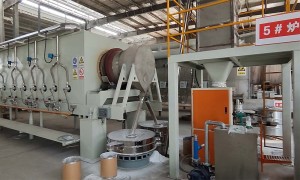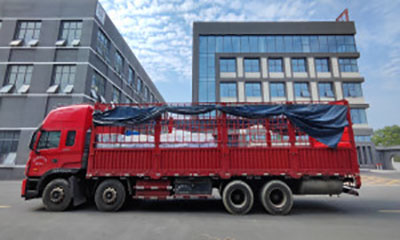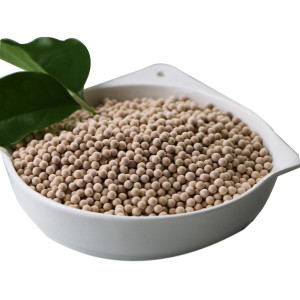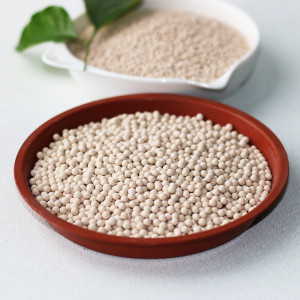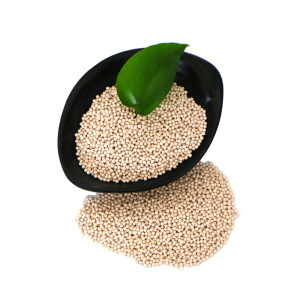The application of molecular sieves in oxygen generators
The application of molecular sieves in oxygen generators is crucial for improving oxygen purity and production efficiency.
Oxygen generators are devices capable of separating oxygen from the air, widely used in medical, industrial, and environmental protection fields. Molecular sieves, as one of the core materials in oxygen generators, play a crucial role in improving the purity of oxygen and the efficiency of oxygen production. This article will provide a detailed introduction to the application of molecular sieves in oxygen generators and their importance.
Basic Principle of Molecular Sieves
Molecular sieves are materials with a highly ordered microporous structure that selectively adsorb gas molecules based on their size and polarity. In oxygen generators, molecular sieves are typically used to adsorb nitrogen, thereby enriching oxygen.
Role of Molecular Sieves in Oxygen Generators
Nitrogen Adsorption: Molecular sieves adsorb nitrogen from the air through their microporous structure, as nitrogen molecules match the pore size of the molecular sieves, while oxygen molecules are larger and less likely to be adsorbed.
Oxygen Enrichment: After nitrogen in the air is adsorbed, the unadsorbed oxygen is enriched. By collecting this oxygen, high-purity oxygen can be obtained.
Continuous Oxygen Production: Oxygen generators typically use two molecular sieve beds working alternately, one adsorbing nitrogen and the other releasing adsorbed nitrogen and regenerating, achieving continuous oxygen production.
Purity Improvement: The use of molecular sieves can effectively improve the purity of oxygen, meeting the needs of medical and industrial fields for high-purity oxygen.
Types and Selection of Molecular Sieves
Common types of molecular sieves used in oxygen generators include:
Type 3A Molecular Sieve: Suitable for adsorbing small molecule gases, such as water vapor and carbon dioxide.
Type 4A Molecular Sieve: With larger pore sizes, suitable for adsorbing nitrogen and a commonly used type in oxygen generators.
Type 5A Molecular Sieve: With stronger adsorption capacity, suitable for more demanding adsorption requirements.
The appropriate type of molecular sieve should be selected based on the specific requirements of the oxygen generator and the expected purity of oxygen.
Advantages of Molecular Sieves
Efficiency: Molecular sieves provide efficient nitrogen adsorption capabilities, quickly enriching oxygen.
Durability: Molecular sieves have good physical and chemical stability, maintaining performance over long-term use.
Regenerability: Used molecular sieves can be regenerated by depressurization and heating, restoring their adsorption performance.
Environmental Friendliness: Molecular sieves are an eco-friendly material, free of harmful substances.
The application of molecular sieves in oxygen generators is crucial for improving oxygen purity and production efficiency. With the growing demand for oxygen, molecular sieves, as an efficient, stable, and environmentally friendly material, will play an increasingly important role in oxygen generation technology.
